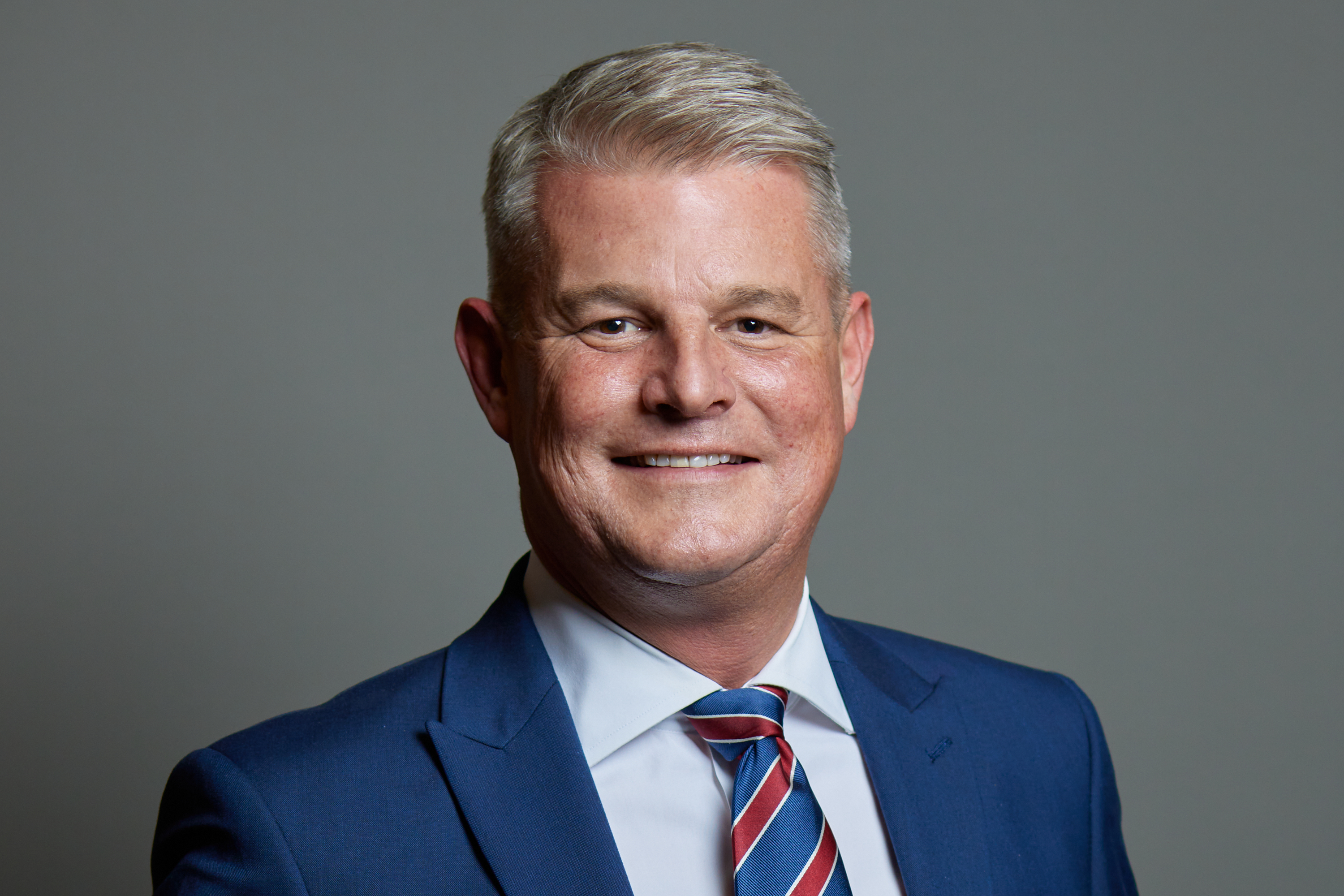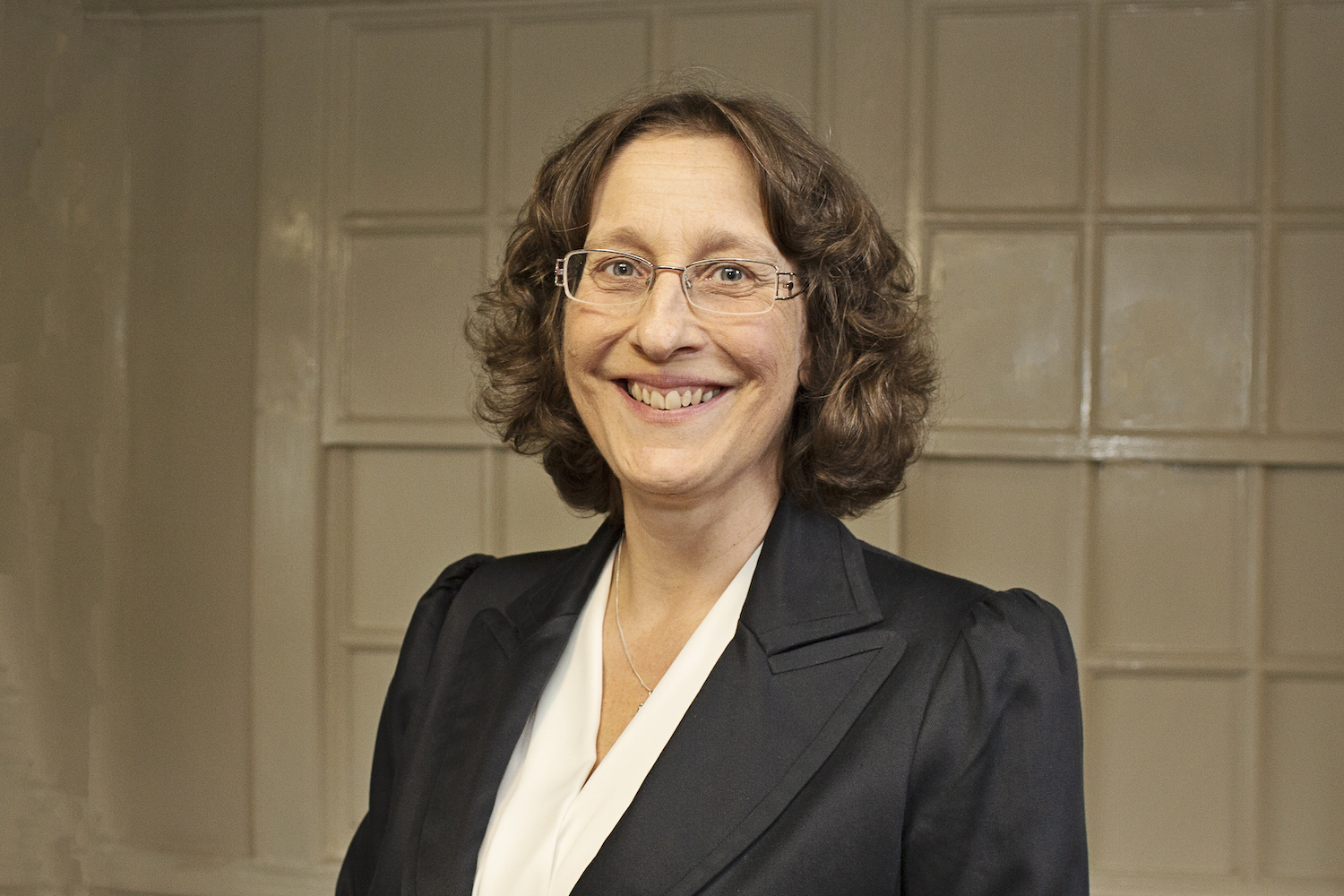The role of civil society minister has been diluted further than at any time in its history and handed to a member of government who also has responsibility for several other policy areas, spanning two departments and including staging the Eurovision song contest in the UK next year.
Ten days after his appointment as parliamentary under-secretary of state at the Department for Digital, Culture, Media and Sport (DCMS) the department has confirmed that Stuart Andrew is the new charities minister.
Andrew’s range of roles is the widest of any charities minister since the role was created in 2010.
The DCMS has announced he is also minister for sport, tourism, youth, ceremonial events including the coronation of King Charles next year and cultural events including next year’s Eurovision song contest, which the UK is staging as it is unable to take place in Ukraine, which won the event this year.
He is also responsible for representing the government on arts and heritage policy in the House of Commons and overseeing events such as the City of Culture.
He has also been appointed minister for equalities, a role that spans the DCMS and Department for International Trade.
Andrew has held several roles spanning a number of government departments since being elected as Conservative MP for Pudsey, Horsforth and Aireborough in 2010.
This has included as a government whip and ministerial roles covering defence procurement, housing and justice.
He was first appointed a DCMS minister under Liz Truss’s brief stint as PM in September and has been retained in the department by new PM Rishi Sunak.
Rt Hon @StuartAndrew has been re-appointed as a Parliamentary Under Secretary of State in the Department for Digital, Culture, Media and Sport pic.twitter.com/mwuEKav9bH
— Department for Digital, Culture, Media and Sport (@DCMS) October 31, 2022
Andrew replaces Lord Kamall as civil society minister. Kamall had been appointed by Truss but left government after only five weeks in the role at the end of October when Sunak became PM.
Kamall’s roles also included heritage and tourism as well as the charities brief. He had replaced Nigel Huddleston, who was also minister for heritage, tourism, youth and sport.
The last dedicated charity minister role in government was held by Baroness Barran, who moved to the Department for Education in October last year and saw her responsibility for charities and youth policy merged into Huddleston’s portfolio.
Andrew is the seventh minister for civil society since 2010.













Recent Stories